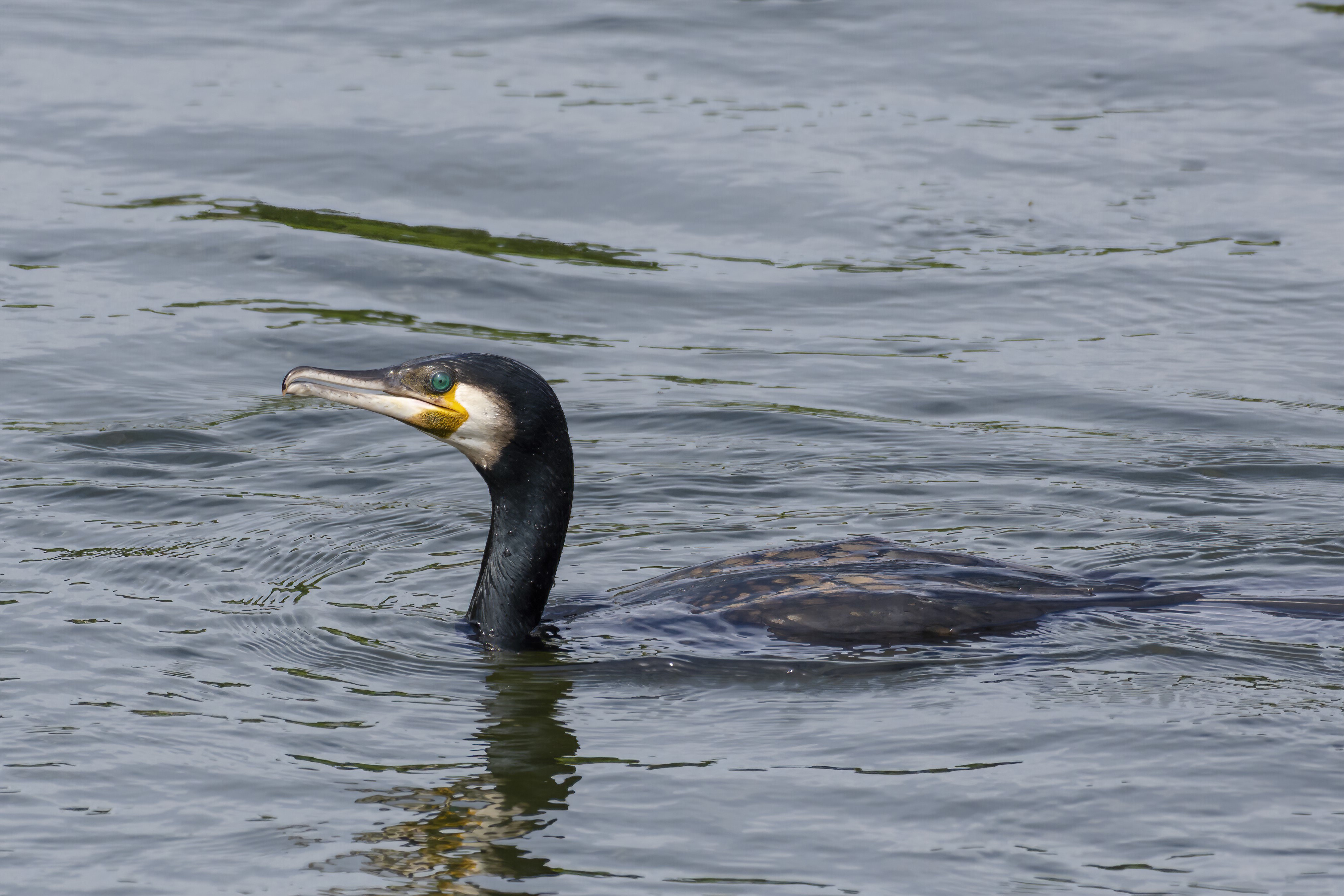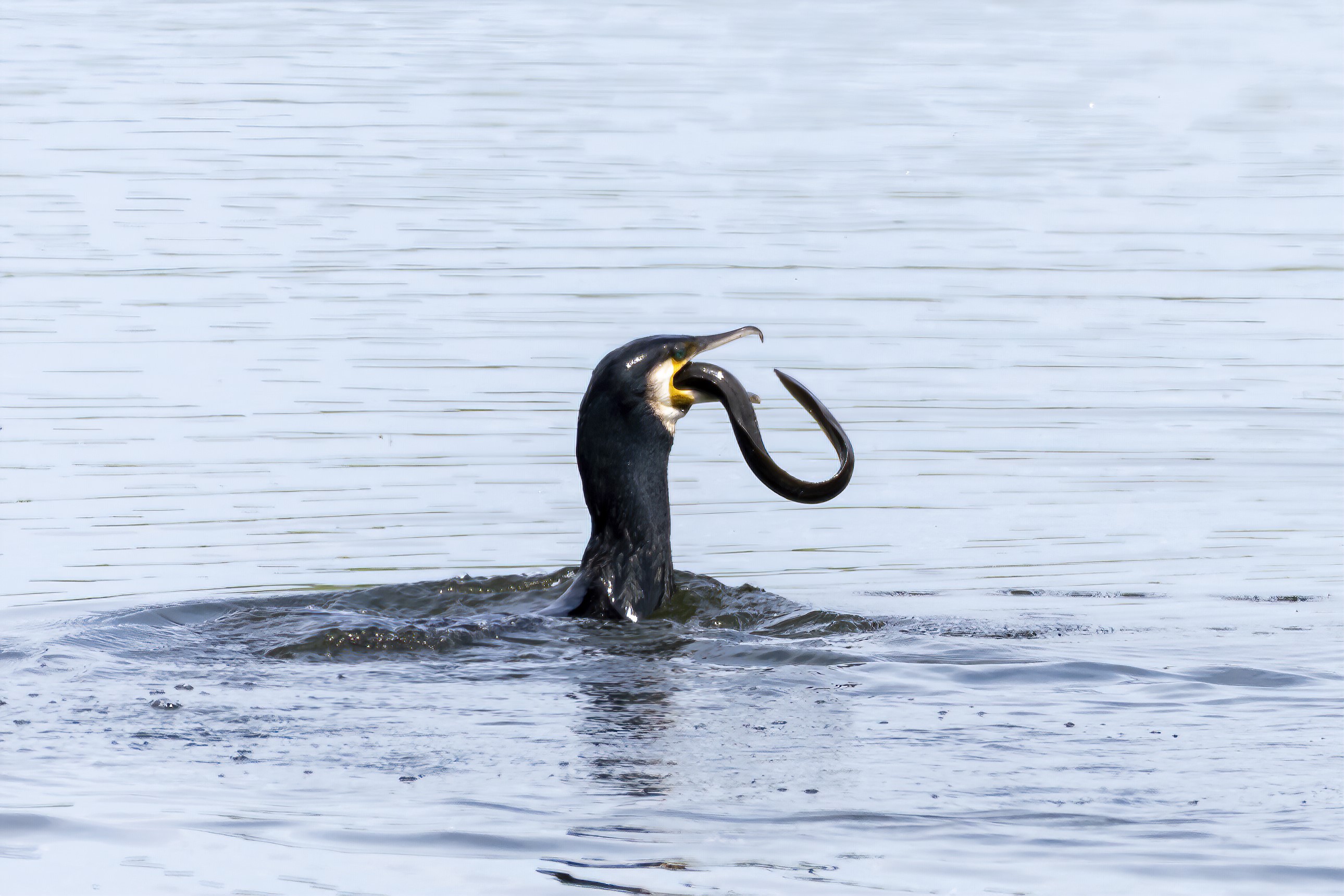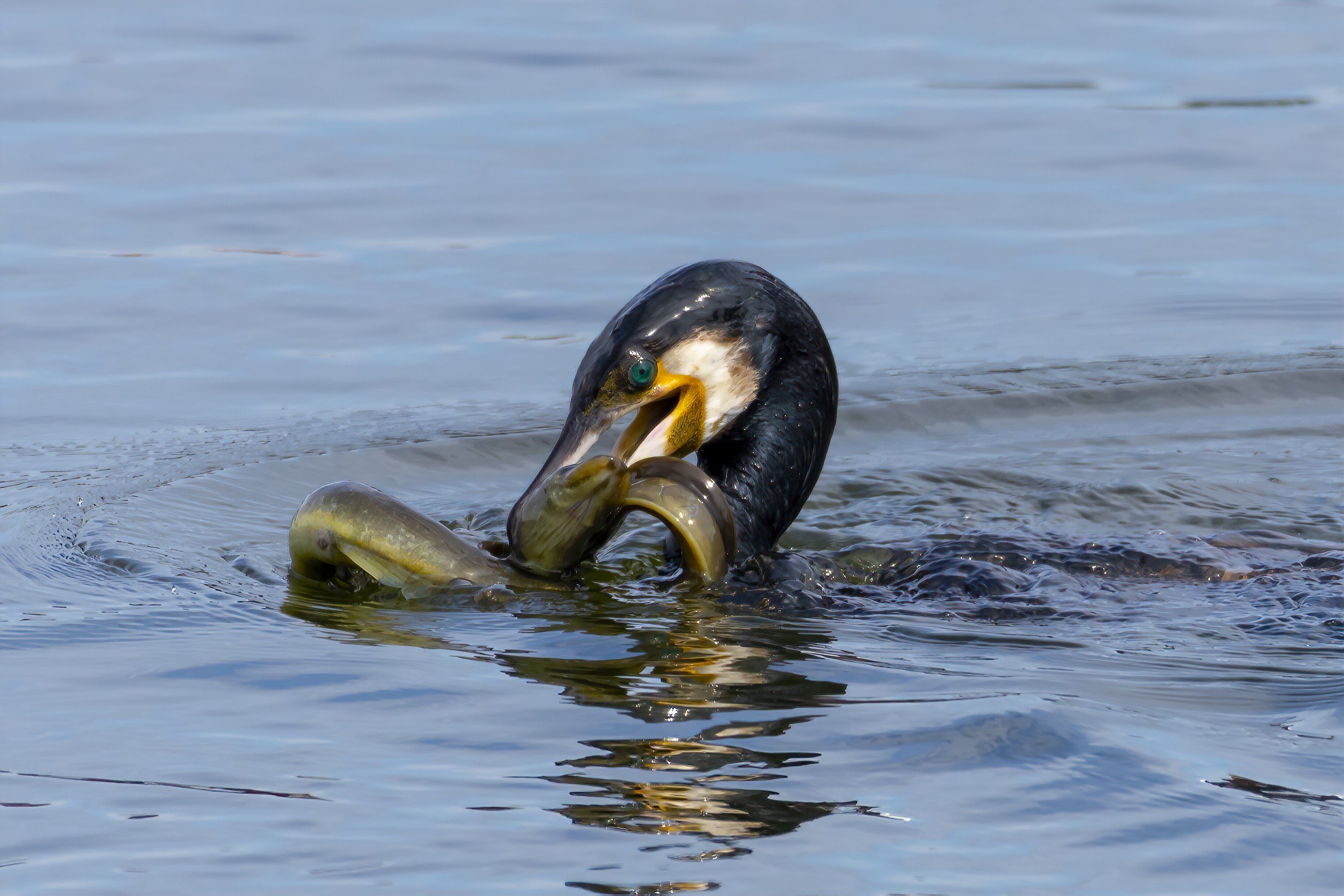this post was submitted on 26 Feb 2024
100 points (98.1% liked)
birding
3596 readers
62 users here now
A community for people who like birds, birdwatching and birding in general!
Feel free to share your photos and other birding-related content here. If a photo you post isn't yours, please credit the original creator! Additionally, it would be appreciated if the location of the sighting and a date were given when a photo or question is posted. You do not have to give the precise location, something like "Northern Idaho, June 2023" or even "North-Western US, June 2023" suffices.
founded 1 year ago
MODERATORS
you are viewing a single comment's thread
view the rest of the comments
view the rest of the comments





It's a lovely place to visit and if you go at the right time of year you may see the peregrines that nest on the cathedral.